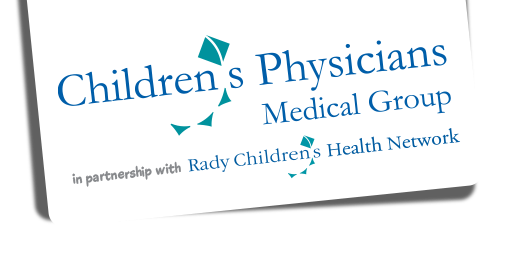Anna Mendenhall, MD, FAAP
http://www.youtube.com/watch?v=63Jd3AKyjEI
The widely publicized link between children’s vaccines and autism is a myth. There is no established link between children receiving any of the recommended vaccines and the development of autism. Despite repeated studies and reports establishing this fact, the myth is continually perpetuated via news and television programming. Below you will find some basic information about autism and vaccines, which can help to inform parents of all of the facts, including the importance of vaccines and the risks of not receiving recommended vaccinations.
What Is Autism?
Autism is one of a group of disorders known as autism spectrum disorders (ASDs). ASDs are developmental disabilities that cause substantial impairments in social interaction and communication and the presence of unusual behaviors and interests. Many people with ASDs also have unusual ways of learning, paying attention and reacting to different sensations. The thinking and learning abilities of people with ASDs can vary from gifted to severely challenged. It begins before the age of 3 and lasts throughout a person’s life. Symptoms are:
- Lack of or delay in spoken language.
- Repetitive use of language and/or motor mannerisms (hand-flapping, twirling objects).
- Little or no eye contact.
- Lack of interest in peer relationships.
- Lack of spontaneous seeking to share enjoyment (doesn’t bring items to show you or point at objects of interest).
- Lack of make-believe play.
- Persistent fixation on parts of objects.
Do Vaccines Cause Autism?
Two particular vaccine-autism connections have been proposed within the past 15 years. One suggested an association with the MMR (measles, mumps and rubella) vaccine, and the other questioned whether thimerosal, a mercury-containing antibacterial compound used in some vaccines to prevent bacterial contamination, might be related to autism. Over the past decade, these hypotheses have been rigorously tested in numerous studies. Every methodologically sound study demonstrates no connection. Two of the most intuitive arguments follow:
- The MMR vaccine is given after 12 months of age. Home videos of children younger than 2 who were later diagnosed with autism were compared with videos of developmentally typical children at the same ages. Behaviors were scored by observers who were blinded to the subsequent development of the children. Differences were clearly present, even at 6 months of age, well before the MMR vaccine was given.
- In Denmark, thimerosal was removed from all vaccines in 1992. The incidence of autism there continues to rise faster now than it did prior to 1992. Similar findings are present here in the US where thimerosal has been taken out of all vaccines except the influenza vaccine for older children (over age 3 years) since 2001.
What Causes Autism?
The cause of autism is not entirely understood, but considerable evidence demonstrates that most autistic children have abnormalities early in infancy. What we do know is that autism has a strong genetic basis and is likely triggered by environmental factors, which have yet to be determined but are being aggressively researched. Virtually every mainstream public health and research organization, including the Congressionally authorized Institute of Medicine, the Center for Disease Control (CDC) and the National Institutes of Health (NIH), has found no link between vaccines and autism. Based on every credible scientific study, it is clear,neither the MMR vaccine nor thimerosal (mercury) in vaccines has any relationship to autism.
What Do Parents Need To Know To Protect Their Children?
Vaccination is the single medical intervention that has saved the most lives over the past century. Vaccines are so successful and safe that most Americans have never seen the diseases that they prevent, nor known anyone who has experienced them. When new parents start to think about vaccines, they are likely to hear primarily the voices of those who fear vaccines. They are less likely to hear the voices of parents who have lost children as a result of such diseases as polio, meningitis and hepatitis, or who have watched their children suffer with illness and lifelong complications such as paralysis, deafness or liver cancer. What do parents need to so if they suspect autism? Early diagnosis and intervention is the key to improved long-term outcomes for many children with autism. If you have any concerns regarding your child’s development or behavior speak to your child’s pediatrician as soon as possible. Your child’s pediatrician will be asking developmental questions at every well-child visit and will be screening for autism at 18 months and 24 months of age.
American Academy of Pediatrics Website Informational Links
Centers for Disease Control and Prevention Website Informational Links
